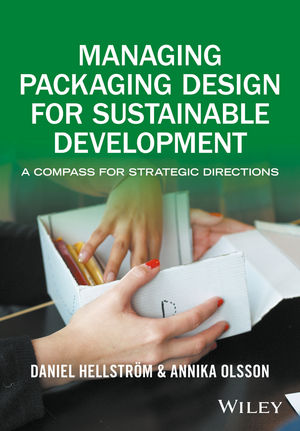Sustainable Foods Summit calls for greater disruption
The food industry needs more disruption for sustainable development: this was one of the key messages from the North American edition of the Sustainable Foods Summit (sustainablefoodssummit.com). Hosted in San Francisco on January 20-22, the summit brought together 140 senior executives from the food industry.
Josh Tetrick, CEO and founder of Hampton Creek, emphasized the importance of disruption in his opening keynote. He believes 99% of the food Americans eat is of poor quality, and that a ‘system change, not people change’ is required. His company is exploring 400,000 plant species to develop new food products. Tetrick shared his plans to launch new healthy and tasty products with environmental benefits, following the success of Just Mayo and Just Cookies.
With a proteins crisis looming over the food industry, Daniel Imrie-Situnayake made the case for edible insects. According to the co-founder of Tiny Farms, there has been a flurry of investment in insect farms in the US in recent years. He believes the market for insect proteins could reach US $1.2 billion with the success of a few products. Although the sustainability credentials are well documented, consumer acceptance remains a major barrier.
Nikhil Arora of Back to The Roots is also causing disruption in the food industry with a new range of organic breakfast cereals. The packs of its ready-to-eat cereals contain recipes so consumers can make their own. Rather than cannibalizing its product sales, Arora believes the company is creating a stronger bond by connecting its customers to the food they eat. Back to The Roots started with ready-to-grow organic mushrooms, and is planning to disrupt more food categories by “undoing food” and getting its customers back to basics.
Other speakers highlighted the importance of innovative ingredients. Isaac Berzin, founder and chief technology officer of Qualitas Health, believes algae-based ingredients are the way forward. Unlike plant materials, algae do not require agricultural land and are highly resource efficient. Pulse Canada believes awareness is key to the success of pulses; it is embarking on marketing campaigns to highlight the health and environmental benefits of pulses.
The Sustainable Foods Summit comprised four sessions on food ingredients, sustainability best-practices, marketing developments and sustainable packaging.
Two pre-conference workshops discussed environmental impacts, and the global market for eco-labelled foods. Sustainability discussions will continue in upcoming editions of the summit.
Looking for a reprint of this article?
From high-res PDFs to custom plaques, order your copy today!









